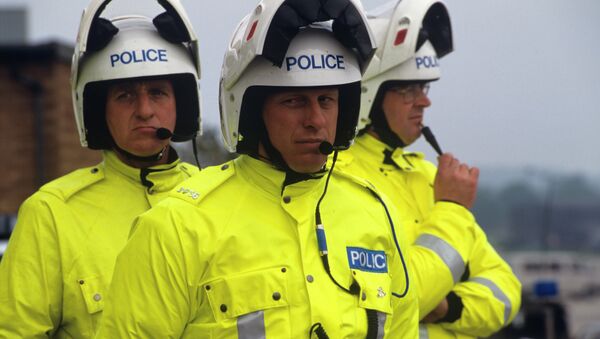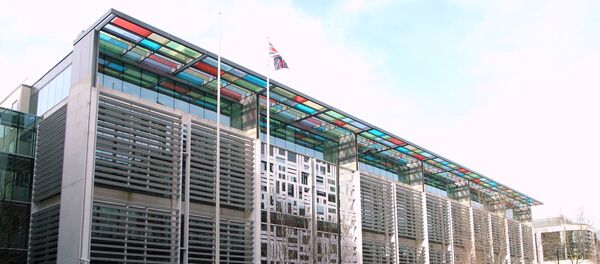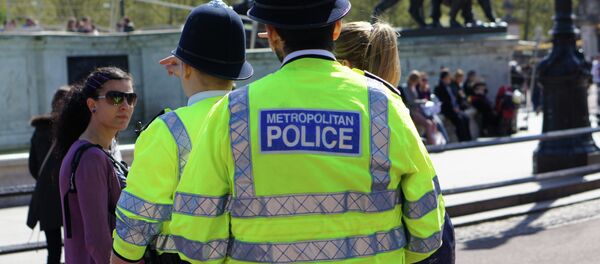According to the media reports, police in England and Wales operate a facial recognition database that includes up to 18 million photos, including those of innocent people and persons cleared of offenses. However, in 2012 the high court called for an urgent review of the Metropolitan Police policies after two people sought removal of their photos from the database.
"The fact that two years have passed since the retention of these photographs was ruled illegal and nothing has yet been done to rectify that, is absolutely unacceptable. Any positive aspects of this database will be entirely undermined if the public cannot have faith that the data held is being done so legally, and only when necessary and proportionate," Emma Carr, director of Big Brother Watch group that advocates civil liberties and privacy freedom, told Sputnik.
"It is unacceptable for innocent people to be treated in the same way as those who [are] found to be guilty. This database, as it stands, does just that," Carr stated.
Facial recognition systems allow for security organizations to automatically identify a person by comparing information from a graphical source with a facial database. A number of police forces in the United Kingdom have adopted the technology despite concerns over its implications for privacy. It is widely used by the Metropolitan Police, Leicestershire Police, UK Border Agency, British security agencies and airport security organizations.




